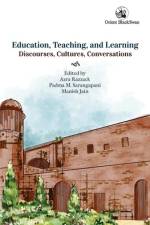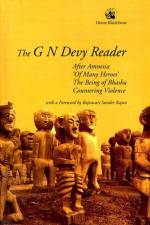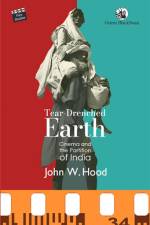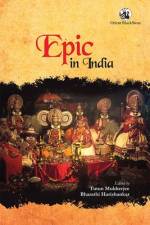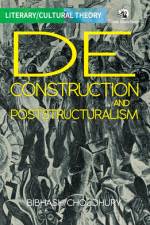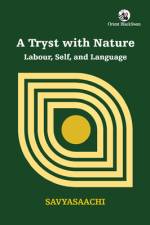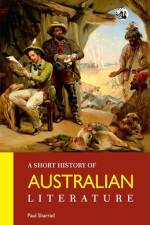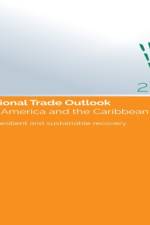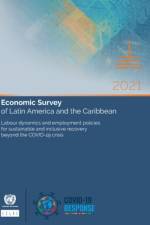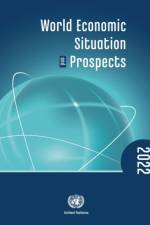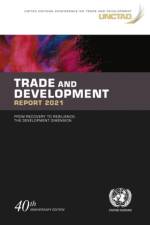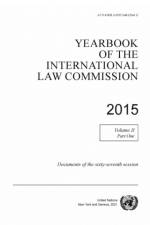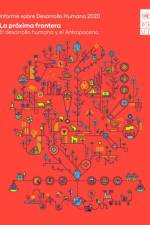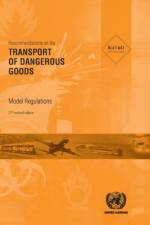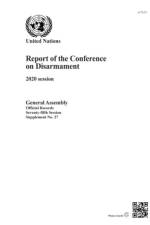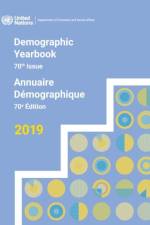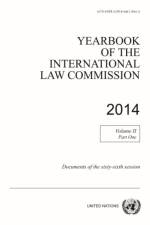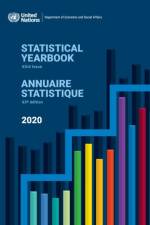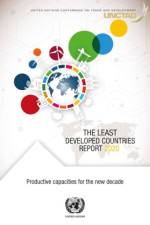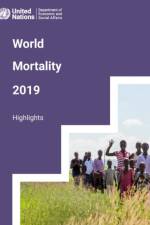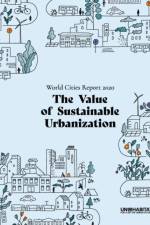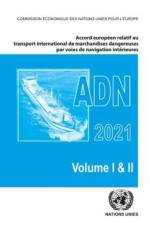- Cinema and the Partition of India
av John W Hood
515,-
The trauma of Partition is an indelible part of the collective memory of the citizens of India and Pakistan and, later, Bangladesh. With over 15 million displaced and several million dead on both sides of the Radcliffe Line, this massive exodus remains forever a black mark in history. Partition and its aftermath have been central to much of subcontinental cinema, and found frequent and varied representation on screen. Tear-Drenched Earth looks at landmark films from the 1950s to the 2010s that depict aspects of the Partition, such as Gandhi, Chinnamul, Meghe Dhaka Tara, Viceroy's House, Tamas, Garm Hawa, Pinjar and Toba Tek Singh.Focusing on films that highlight the tragic absurdity of a historic catastrophe unprecedented in scale and devastation, and the unimaginable horror of its consequences, John W. Hood studies the ways in which it affected lives on both sides of the divide. He examines the ideas of nation, self, faith, identity, family, love, home and memory in the wake of Partition, and shows how religion and politics are inextricably linked and how they shaped Partition violence. He also reflects on how the newly-drawn borders of the newborn nations created and reinforced notions of the Other that fostered a blind lust for revenge and mindless violence which continued long after Partition, as witnessed in the 1971 Bangladesh Liberation War, the 1984 anti-Sikh riots and the 2002 Godhra massacre.

